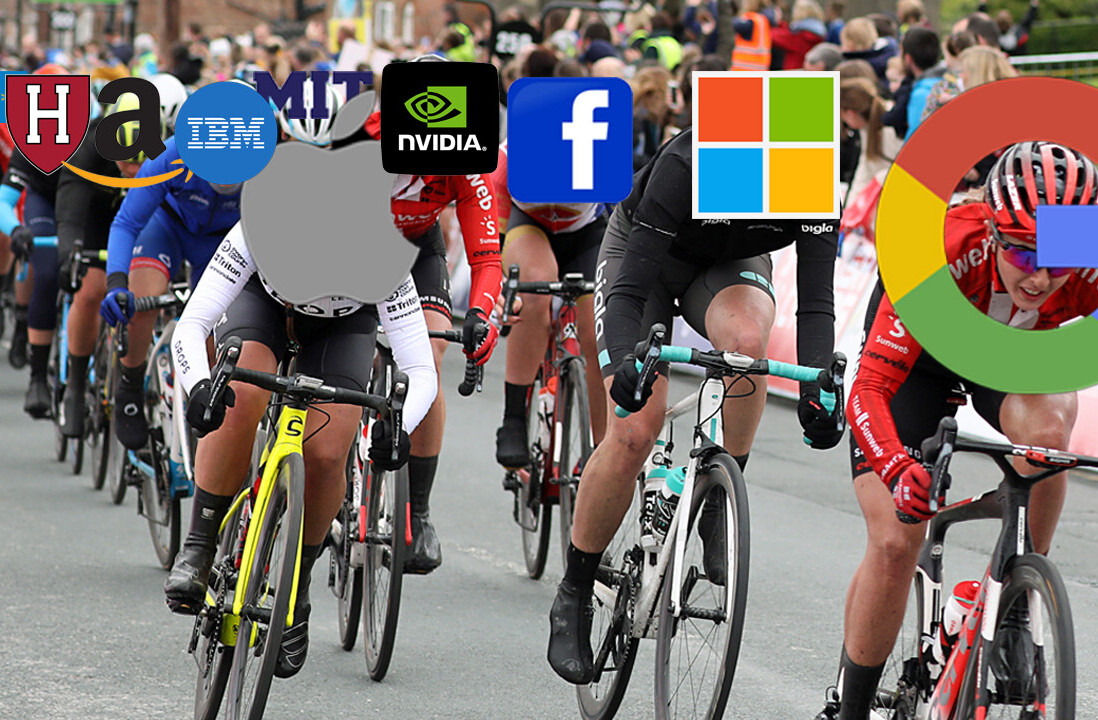
![]() Since the early days of the Internet people have been gathering around common interests and sharing knowledge. The early bulletin board services, Usenet, and message boards provided a great place to get advice form people who were passionate and knowledgeable about any subject imaginable.
Since the early days of the Internet people have been gathering around common interests and sharing knowledge. The early bulletin board services, Usenet, and message boards provided a great place to get advice form people who were passionate and knowledgeable about any subject imaginable.
Today, there are many places online where you can pose a question. These sites often suffer from two general problems: a lack of experts to give strong, accurate answers, and secondly a general lack of audience scale to help ferret out niche knowledge from the masses. Without enough experts sites can wither away or simply be unfocused. This is the issue that plagues Yahoo! Answers. The site is easy to find and use, but there isn’t a guarantee that you can get a helpful answer, or even any answer at all. There is good news: competition in the field may change this.
While everyone waits for Facebook to unveil their anticipated “location” feature to compete with Foursquare, Gowalla, and Twitter, Mark Zuckerberg’s company has begun previewing a new component to the site: Facebook Questions. This is the latest attempt to draw public data out of what used to be a private service. However, this time Facebook is explicitly clear in their effort at informing users about Questions’ privacy policy. In bold type, the welcome text informs users “that all questions and answers are public,” rather than shared on a more limited basis with just your friends, family, or network at school.
Using Facebook Questions users can pose a question to the Facebook community. With approximately half a billion Facebook members, this could provide a built-in audience of experts on everything from the best local restaurants and coffee shops to national or international questions about politics, travel, or tax regulations. And of course, probably any trivia buff will be able to flex their mind on minutia related to sports, movies, and music. The advantage Facebook has in their implementation of Q&A service is that Questions is planted right on a user’s homepage, next to their Newsfeed. This makes asking a question just as easy as answering one, and through the magic of data collection, Facebook can match questions to people whose profile shows that they may be knowledgeable in the field.
As seems to be the case with many of Facebook’s additions, Questions is being launched on the heels of several other Q&A sites. It reeks of me-too. One of the emerging independent leaders in this arena is Mahalo, brainchild of entrepreneur Jason Calacanis. Mahalo takes pride in its work building a community of experts. Questions asked on the service can include a small tip of an internal currency, Mahalo Dollars (which can be exchanged for U.S. dollars) as a token gift for providing a good answer. If someone already is familiar with the topic, it’s just a small nudge to help out.
Mahalo bills itself as a “human-powered search engine,” and through the incentive system it has gathered enough interested people who are knowledgeable about seemingly every conceivable topic to live up to this claim. Rather than a short answer to a simple question, which machines are great at producing, Mahlo users easily provide opinions on open-ended topics like “Best WordPress themes that look like websites, as opposed to blogs,” complete with screen shots and examples.
Just coming out of beta, Quora takes a middle approach. While Facebook and Yahoo! reach out to everyone and Mahalo builds it’s strategy around the knowledge of the community, Quora lets users import their social circle from Twitter and Facebook. Quora also lets users “follow” questions and people and creates a news stream with recent questions that person has answered or in on a subject the user is interested in. Users can ask questions directly to a specific person or to the entire Quora community. Anyone following that topic will be informed a new question has been asked. This lets friends or colleagues get the specific advice they want but also tap into the rich knowledge of a larger circle.
Whether one format catches on or all continue to grow and change, it’s going to be a lot easier in the future to get help or advice for almost any problem.
Get the TNW newsletter
Get the most important tech news in your inbox each week.





